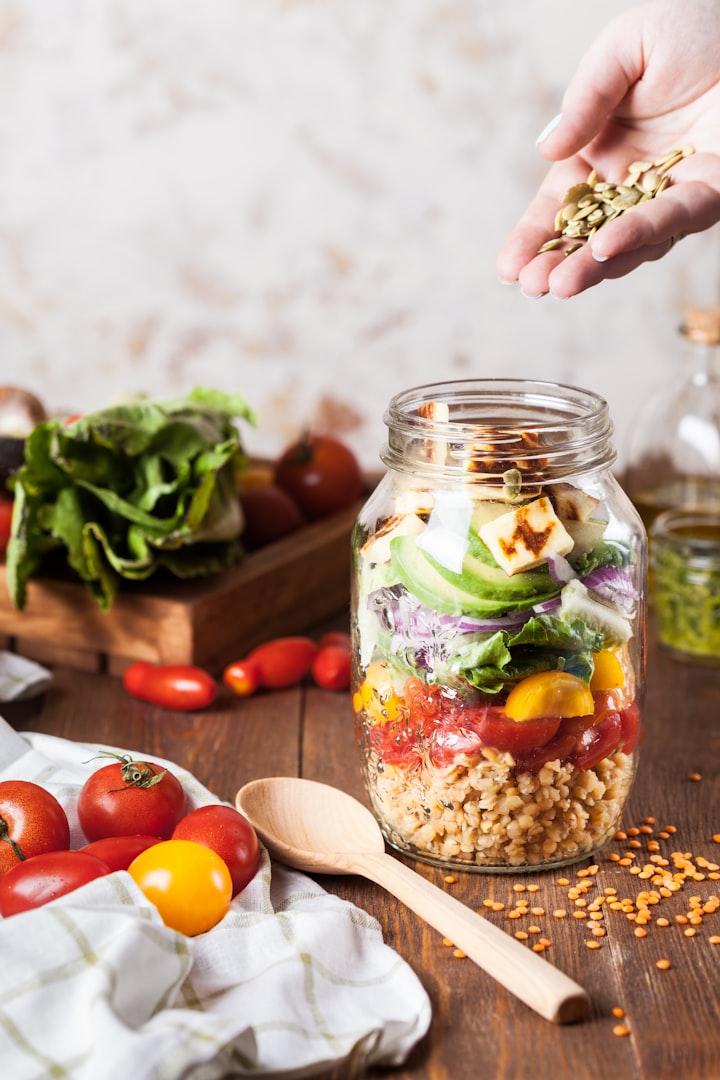Nutrition and Diet for Women's Health
Essential Considerations for Optimal Well-being

Nutrition plays a crucial role in maintaining overall health and well-being, and it holds particular significance for women. A well-balanced diet that meets the unique nutritional needs of women can support various aspects of their health, including hormonal balance, reproductive function, bone health, and cardiovascular well-being. This article explores key considerations for women's nutrition and highlights dietary guidelines to optimize their health outcomes.
Nutrient-Dense Foods for Optimal Nutrition
A nutrient-dense diet is essential for women's health as it provides the necessary vitamins, minerals, and macronutrients required for proper bodily functions. Focus on incorporating a variety of whole foods, such as fruits, vegetables, whole grains, lean proteins, and healthy fats. These foods offer an array of vitamins, minerals, antioxidants, and phytochemicals that support immune function, protect against chronic diseases, and promote overall vitality.
Adequate Calcium Intake for Strong Bones
Women are at a higher risk of developing osteoporosis, a condition characterized by weakened bones. Adequate calcium intake is crucial for maintaining bone health and reducing the risk of fractures. Dairy products, leafy green vegetables, fortified plant-based milk alternatives, and calcium supplements can help meet the recommended daily intake of calcium. Additionally, vitamin D, which aids in calcium absorption, can be obtained from sunlight exposure or through dietary sources such as fatty fish and fortified foods.
Iron-Rich Foods to Prevent Anemia
Iron deficiency anemia is more prevalent in women due to factors like menstruation, pregnancy, and lactation. Incorporating iron-rich foods like lean meats, poultry, seafood, legumes, and fortified cereals can help prevent anemia. Consuming vitamin C-rich foods alongside iron sources can enhance iron absorption. Conversely, avoid consuming iron-rich foods with calcium-rich foods as they can inhibit iron absorption.
Folate for Reproductive Health
Folate, also known as folic acid in its synthetic form, is crucial for women's reproductive health, especially during pregnancy. Adequate folate intake before conception and during the early stages of pregnancy reduces the risk of neural tube defects in infants. Good sources of folate include leafy green vegetables, citrus fruits, legumes, fortified cereals, and supplements specifically formulated for women of childbearing age.
Omega-3 Fatty Acids for Heart and Brain Health
Omega-3 fatty acids, particularly EPA (eicosapentaenoic acid) and DHA (docosahexaenoic acid), offer numerous health benefits for women. These healthy fats support heart health by reducing inflammation, lowering triglyceride levels, and maintaining healthy blood pressure. They also play a vital role in brain function and may alleviate symptoms of depression and anxiety. Fatty fish (such as salmon and sardines), flaxseeds, chia seeds, walnuts, and algae-based supplements are excellent sources of omega-3 fatty acids.
Hydration and Water Intake
Proper hydration is vital for overall health and supports numerous bodily functions. Women should aim to drink an adequate amount of water throughout the day, typically around 8 cups (2 liters) or more. Factors like physical activity, climate, and pregnancy may increase water requirements. Hydration can also be obtained from other fluids and hydrating foods like fruits and vegetables.
Balancing Hormones with Phytoestrogens
Phytoestrogens are plant compounds that possess estrogen-like activity in the body. They can help balance hormone levels, particularly during perimenopause and menopause. Foods rich in phytoestrogens include soy products (tofu, tempeh, edamame), flaxseeds, sesame seeds, lentils, and whole grains. However, women with specific hormonal conditions or breast cancer history should consult healthcare professionals regarding the consumption of phytoestrogen-rich foods.
Conclusion
A well-planned and balanced diet is vital for women's health at every stage of life. By incorporating nutrient-dense foods, maintaining adequate calcium and iron intake, ensuring folate sufficiency, consuming omega-3 fatty acids, staying hydrated, and considering phytoestrogen-rich foods, women can support their hormonal balance, reproductive health, bone strength, cardiovascular well-being, and overall vitality. It is essential to consult with healthcare professionals or registered dietitians for personalized dietary guidance based on individual health needs and considerations. Embracing a nutritious diet empowers women to lead healthy and fulfilling lives.





Comments
There are no comments for this story
Be the first to respond and start the conversation.